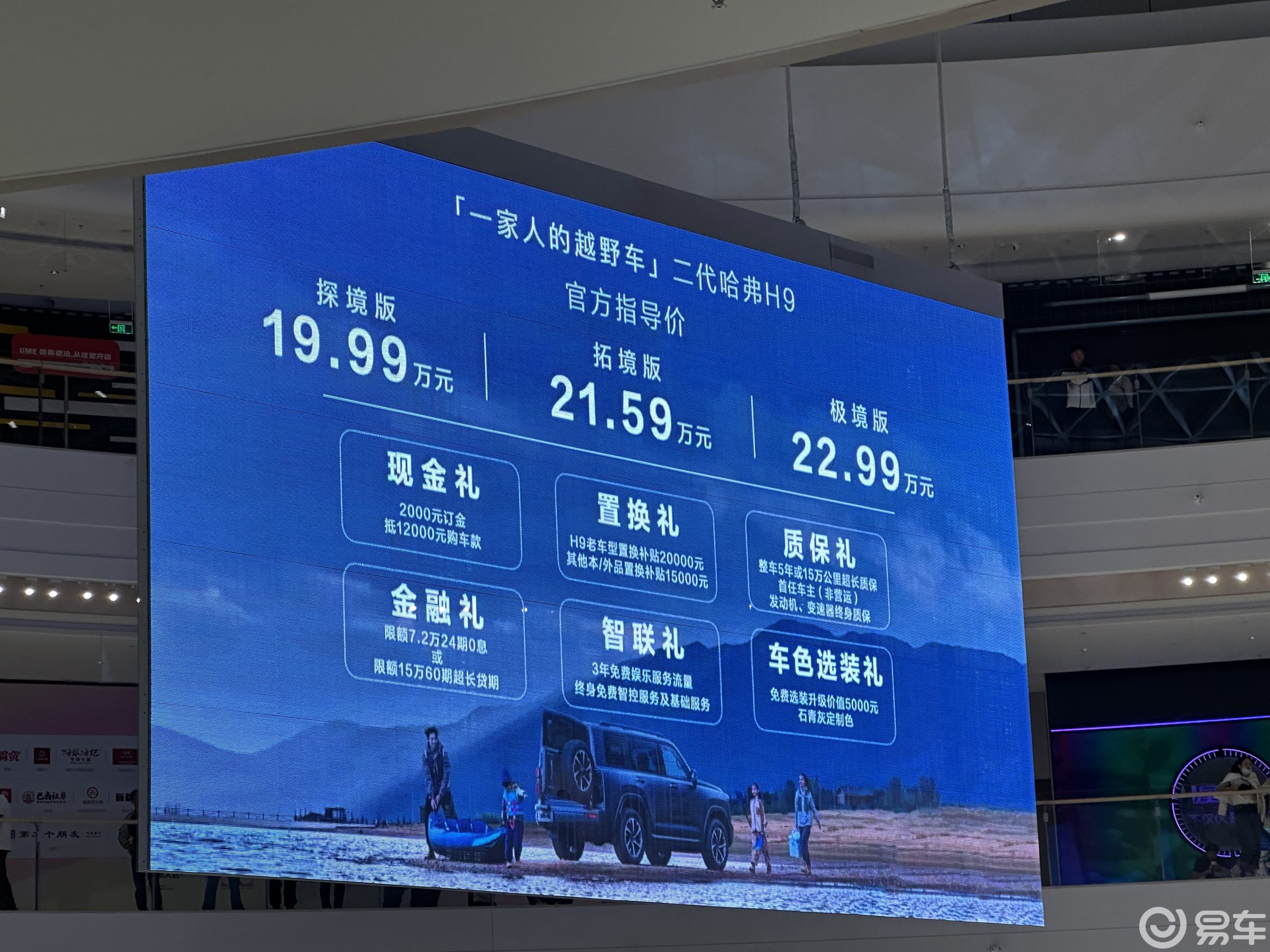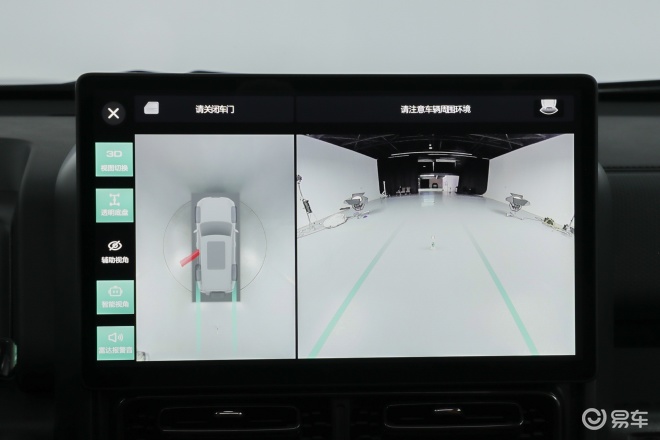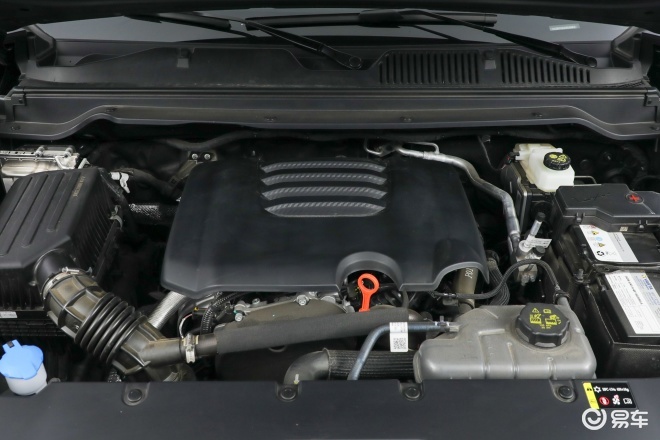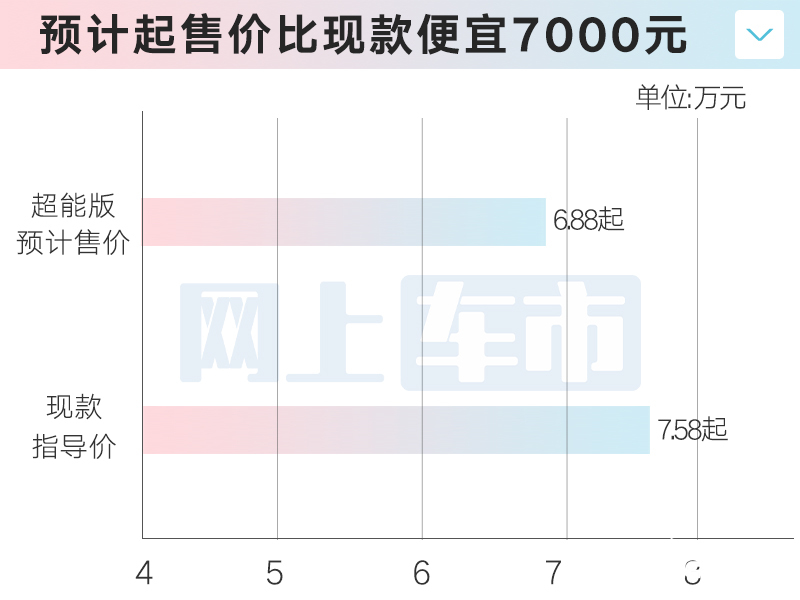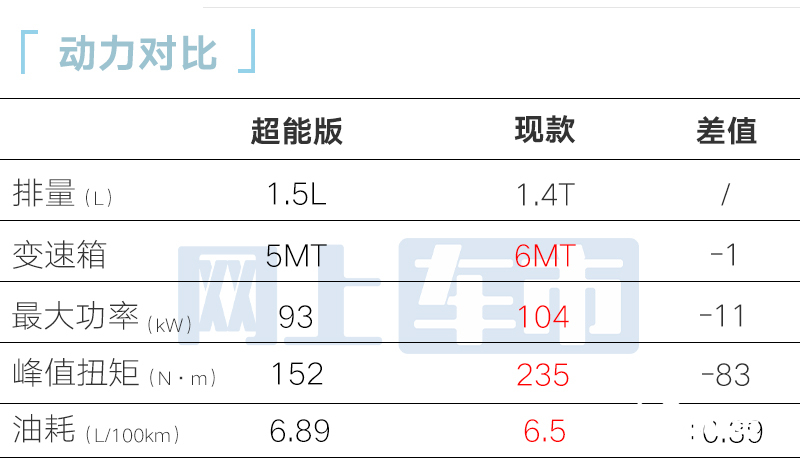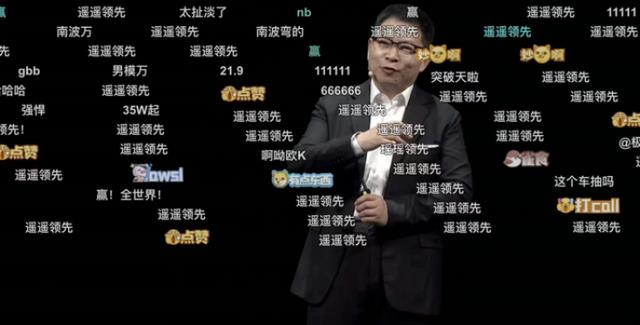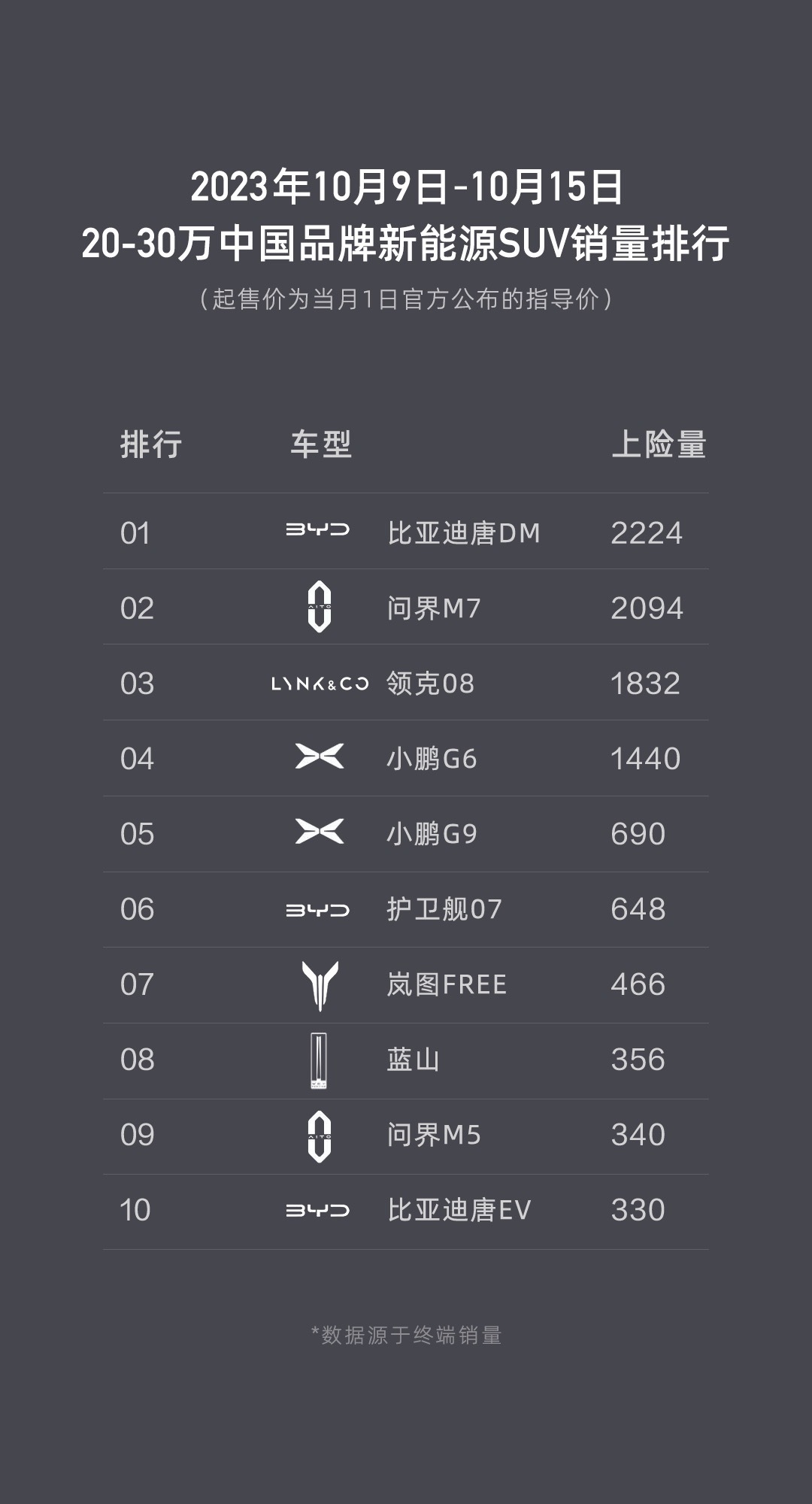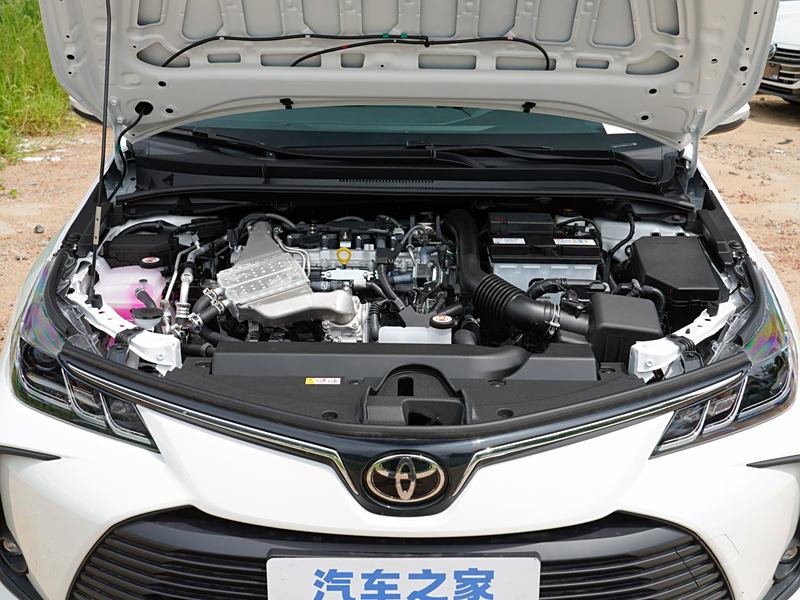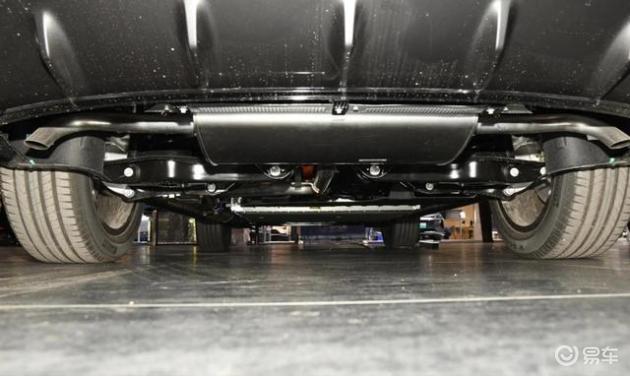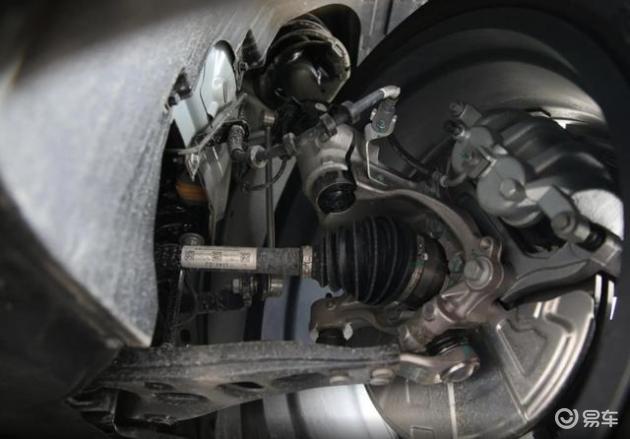[Autohome Lanzhou Discount Promotion Channel] is particularly recommended. Currently in Lanzhou, an eye-catching promotion is being carried out. This luxury SUV attracts car buyers at a very competitive price. The maximum discount range is as high as 139,300 yuan, and the minimum starting price has been adjusted to 284,200 yuan. This undoubtedly provides a rare opportunity for consumers who are interested in buying an Audi Q5L to buy a car. To seize this wave of discounts, don’t miss clicking the "Check Car Price" button in the quotation form and let professional consultants get you the most affordable car purchase plan.

The Audi Q5L leads the way in luxury mid-size SUVs with elegance and power. The front face features the Audi family’s iconic single-frame air intake grille, paired with dynamic and sharp matrix LED headlights, showing a strong visual impact. The body lines are smooth, outlining a steady and sporty contour, and the overall style is both atmospheric and refined, showing Audi’s perfect fusion of detail and functionality.

The Audi Q5L stands out with its refined side design. The body measures 4770mm long, 1893mm wide and 1667mm high, and the wheelbase reaches 2907mm, ensuring generous interior space and excellent driving stability. The front and rear wheel bases are 1616mm and 1610mm respectively, and with 235/55 R19-size tires, it not only provides good grip, but also adds a sporty atmosphere to the body. The side lines are smooth and powerful, showing the elegance and dynamism of the Audi brand.

The Audi Q5L interior design emphasizes refinement and comfort, and is characterized by luxurious texture. The steering wheel is made of genuine leather, providing a good grip and precise control, and supports manual up, down, and front and rear adjustments to adapt to the different needs of the driver. The center console is equipped with a 10.1-inch high definition touch screen, with multimedia system, navigation and phone functions, and supports automatic speech recognition control for enhanced driving convenience.
In terms of seats, the Audi Q5L is made of imitation leather, and the seat design takes into account the comfort of the occupant. The main and passenger seats provide front and rear adjustment, backrest adjustment, height adjustment, leg rest adjustment and waist support, which can realize 4-way adjustment. The driver’s seat is also equipped with an additional electric memory function to meet individual needs. The rear seats support the proportion down, and the space flexibility is improved, which can provide a comfortable ride experience whether it is daily travel or long-distance travel.

The Audi Q5L is equipped with a 2.0T turbocharged engine with a maximum power of 140 kilowatts, which can provide a surging power output. The engine has a strong performance of 190 horsepower and is matched with a 7-speed wet dual-clutch transmission to ensure a smooth driving experience and efficient transmission efficiency. This powertrain not only meets the needs of daily driving, but also brings excellent handling experience to the driver.
Summarizing the evaluation of Autohome owners, the Audi Q5L shows its unique charm with its calm and atmospheric appearance and black sports package, especially in the driving experience. The on-call power and solid chassis make the owner feel extremely happy when changing lanes and overtaking. The spacious rear space and the practicality of the trunk are not extreme, but they also meet daily needs. The wide opening of the sunroof undoubtedly enhances the driving pleasure and brings endless comfort to the owner. Overall, the Audi Q5L has won the recognition and love of the owner with its all-round performance and comfort.




